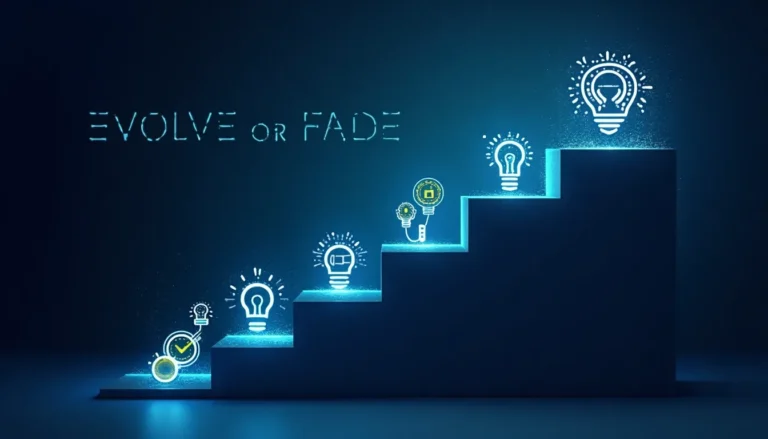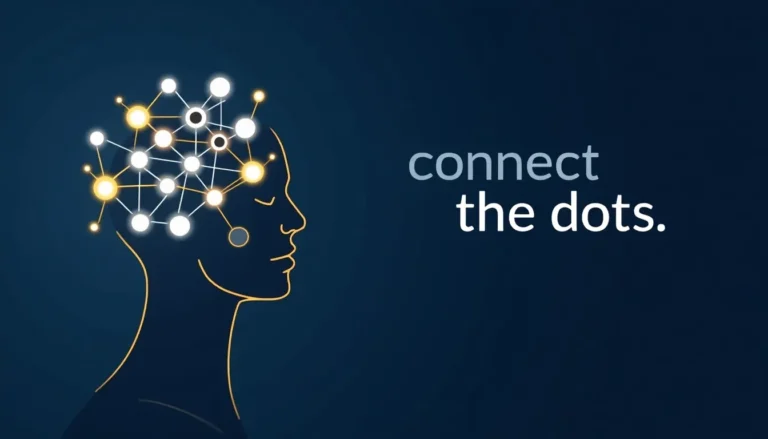The AI Knowledge Trap
We’re drowning in knowledge but starving for wisdom.
AI systems can instantly access more information than any human could process in multiple lifetimes. They can tell you anything you want to know.
But they can’t tell you what matters.
Knowledge is knowing that tomatoes are technically fruits. Wisdom is understanding why we still treat them as vegetables.
In our rush to build ever-larger language models and more capable AI systems, we’ve optimized for knowledge accumulation. More parameters. More training data. More facts and figures and correlations.
But wisdom isn’t about volume.
Wisdom is about discernment. About knowing which knowledge to apply, when to apply it, and most importantly – why.
An AI can master chess by analyzing millions of games. But it can’t tell you why humans play chess in the first place.
It can generate a thousand variations of a marketing message but can’t grasp the deep human need that message must satisfy.
It can recite every leadership principle ever written but cannot truly understand what it means to lead.
We’re building knowledge machines when what we really need are wisdom partners.
The distinction matters because knowledge without wisdom is dangerous. It’s a sharp tool without a skilled craftsperson. A powerful engine without a destination.
Wisdom takes time. It requires experience, reflection, failure, and growth. It demands we sit with uncertainty and embrace complexity.
These are precisely the things our AI systems currently lack.
So as we race forward into an AI-powered future, we must ask ourselves:
Are we pursuing knowledge at the expense of wisdom?
Are we building systems that can answer any question while forgetting to ask the right ones?
Are we optimizing for what’s measurable while neglecting what’s meaningful?
The true promise of AI isn’t in replacing human wisdom but in amplifying it. In handling the knowledge burden so we can focus on the wisdom work.
Because in the end, it’s not about how much you know.
It’s about knowing what matters.
And that’s something no amount of training data can teach.



